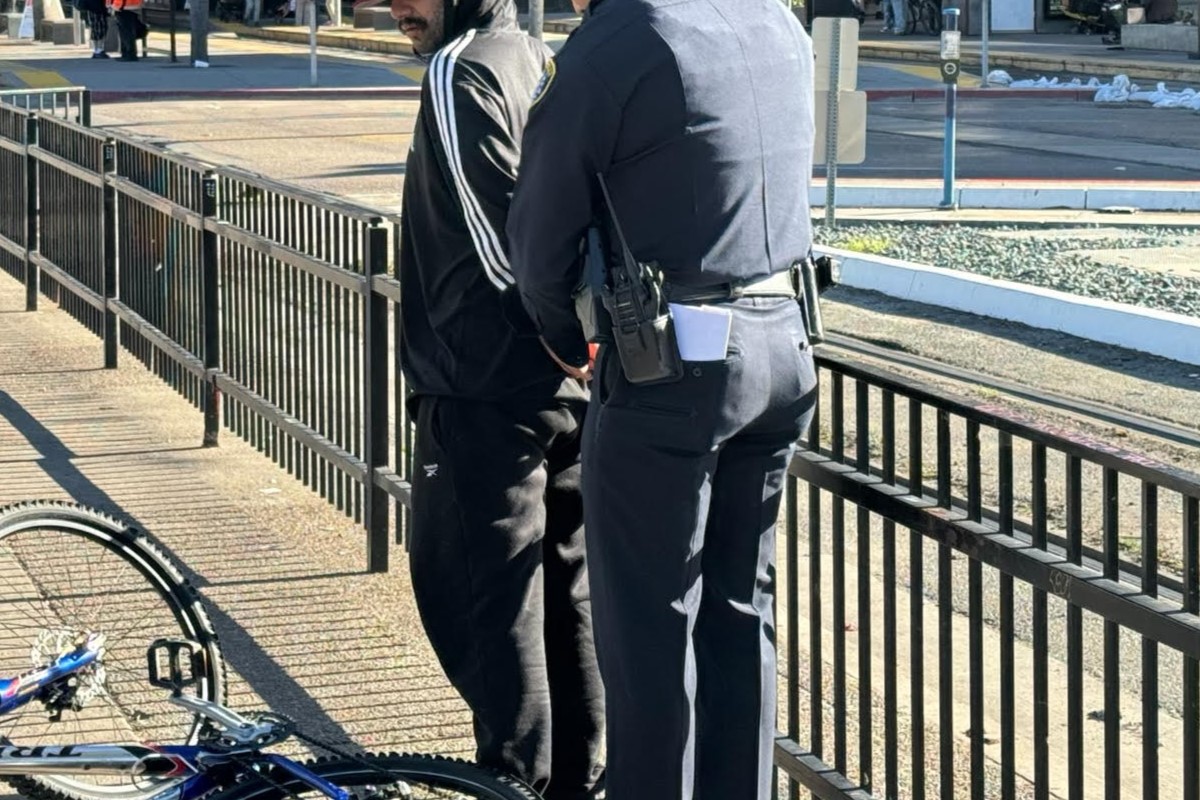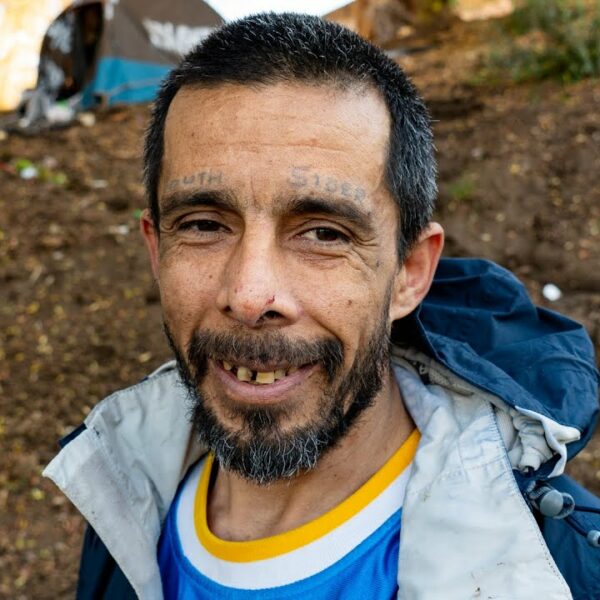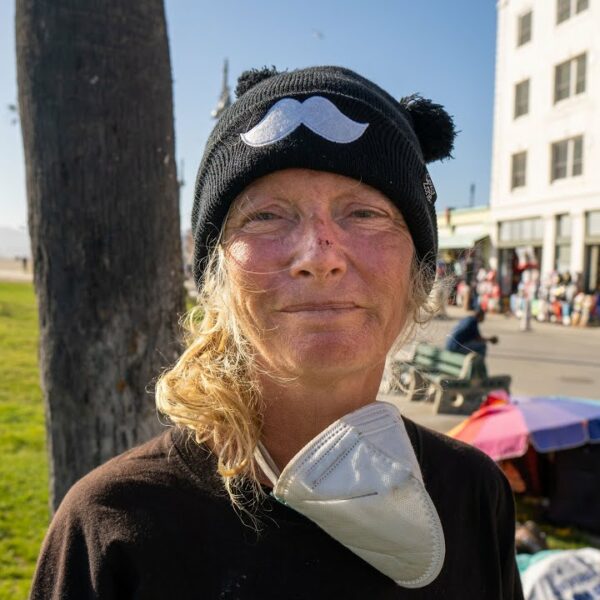Proposed Arizona Legislation Features Key Aspects of the Cicero Institute’s ‘Reducing Street Homelessness Act’
Arizona lawmakers have introduced a bill that advocates say discriminates against people experiencing homelessness by treating them as criminals solely based on their current living situation.
The bill, House Bill 2782, seeks to prohibit municipalities from using “mixed hoteling” to provide shelter and services for people experiencing homelessness. Mixed hoteling refers to sheltering unhoused individuals in hotels that also serve the public.
HB-2782 seeks to force hotels engaged in mixed hoteling to post signage telling residents that people experiencing homelessness are staying at the property and that they should “keep their hotel doors locked” to protect the safety of their belongings.
Republican Rep. Matt Gress, who introduced the bill, said during a hearing on Feb. 19 that the provision directly responded to the community outrage expressed when elected officials in Scottsdale funded a bridge housing program for unhoused seniors and families with children at a local hotel.
Gress said the surrounding community was “very concerned” about the plan because it would welcome people living in The Zone, a former encampment that had roughly 800 residents at one time, and new immigrants who he said were “in the country illegally.”
Discriminatory Impact of ‘Mixed Hoteling’ Provisions
During the hearing, Marilyn Rodriguez of the Arizona ACLU branch said the provisions against “mixed hoteling” are discriminatory, especially against people fleeing domestic violence.
“If it is a public housing program, then no one there is homeless,” Rodriguez said, adding the bill would “assign criminality” to people experiencing homelessness because of their condition instead of their behavior. She added that domestic violence shelters would be required to post similar signage even though they are supposed to be inconspicuous.
“No one should face criminal prosecution for trying to provide assistance to another,” she added.
HB-2782 was introduced when homeless service providers and shelter operators in Arizona face increased financial strain. There are more than 13,000 people experiencing homelessness in the state. Roughly half of them are unsheltered, according to the latest federal count. At the same time, the state has welcomed hundreds of new immigrants per day over the last year.
Amy Schwabenlender, CEO of Keys to Change Arizona, said HB-2782 could add to these financial woes by forcing homeless shelters and service providers to create “drug-free” zones around their properties and collect information about crimes committed by people experiencing homelessness. Shelter and service providers in Milwaukee made similar arguments about a Cicero-styled bill making its way through the legislature.
First, it would force shelter and service providers to ensure someone is abstinent from drugs before receiving help, she said. The bill would also prevent funding from going to cities with the highest homeless populations and the most acute needs, which could negatively impact rural areas of the state where services and shelter are already limited, she added.
“It’s concerning that we’re only looking at one piece of the equation,” Schwabenlender said, adding that lawmakers should instead focus on increasing the number of housing units that can serve the unhoused population.
The bill also includes several provisions from the model “Reducing Street Homelessness Act” created by the nonprofit Cicero Institute.
For instance, the bill would create a new $75 million “Homeless Shelter and Services Fund” to support new projects with some notable limits. According to the bill, funds distributed from the new shelter and services fund must be spent on substance abuse or mental health treatment, homeless outreach teams, short-term shelter and transitional housing development, and behavioral health services.
Any services provided must track “key metrics” identified by the bill, such as the number of people who enter stable housing, find work, avoid arrest, or return to homelessness. The bill also would prevent cities with higher per-capita homelessness rates than the statewide average from receiving state or local money to address homelessness.
Advocacy organizations like the National Low Income Housing Coalition have described the Cicero Institute bill as “counterproductive,” “harmful to marginalized communities,” and “dehumanizing.”
Studies have shown that increasing criminalization of homelessness also decreases the life expectancy of unhoused folks and can lead to increased mortality rates.
“To end homelessness in our communities, we must invest in proven solutions at the scale necessary,” NLIHC wrote in a blog about the legislation. “Providing access to affordable homes and voluntary healthcare and other services, as needed, is proven – by decades of research – to be more effective at ending homelessness and preventing housing instability than outdated and dehumanizing strategies.”
How You Can Help Fight Anti-Homeless Legislation
In the face of a rising tide of legislation veiled under deceptive titles like the “Reducing Street Homelessness Act,” we are engaged in a critical battle against misinformation and the criminalization of homelessness. Across the nation, these laws are quietly advancing through legislative committees, propelled by secret votes, corporate funding, out-of-state lobbyists, and conservative think tanks like the Cicero Institute.
Your support is our most potent weapon against this orchestrated effort. The consequences of these laws are dire:
- The withholding of funds for essential homeless services.
- The perpetuation of a heart-wrenching homeless-to-prison pipeline.
- The redirection of funds meant for affordable housing.
- Penalties for governments refusing to enforce these harmful policies.
At this pivotal moment, we must make the truth louder than ever. Tell your representatives you support revamping how your city addresses homelessness. Handcuffs do not get anyone closer to stable housing. Instead, we must focus on compassionate solutions, the first step to ending homelessness.













